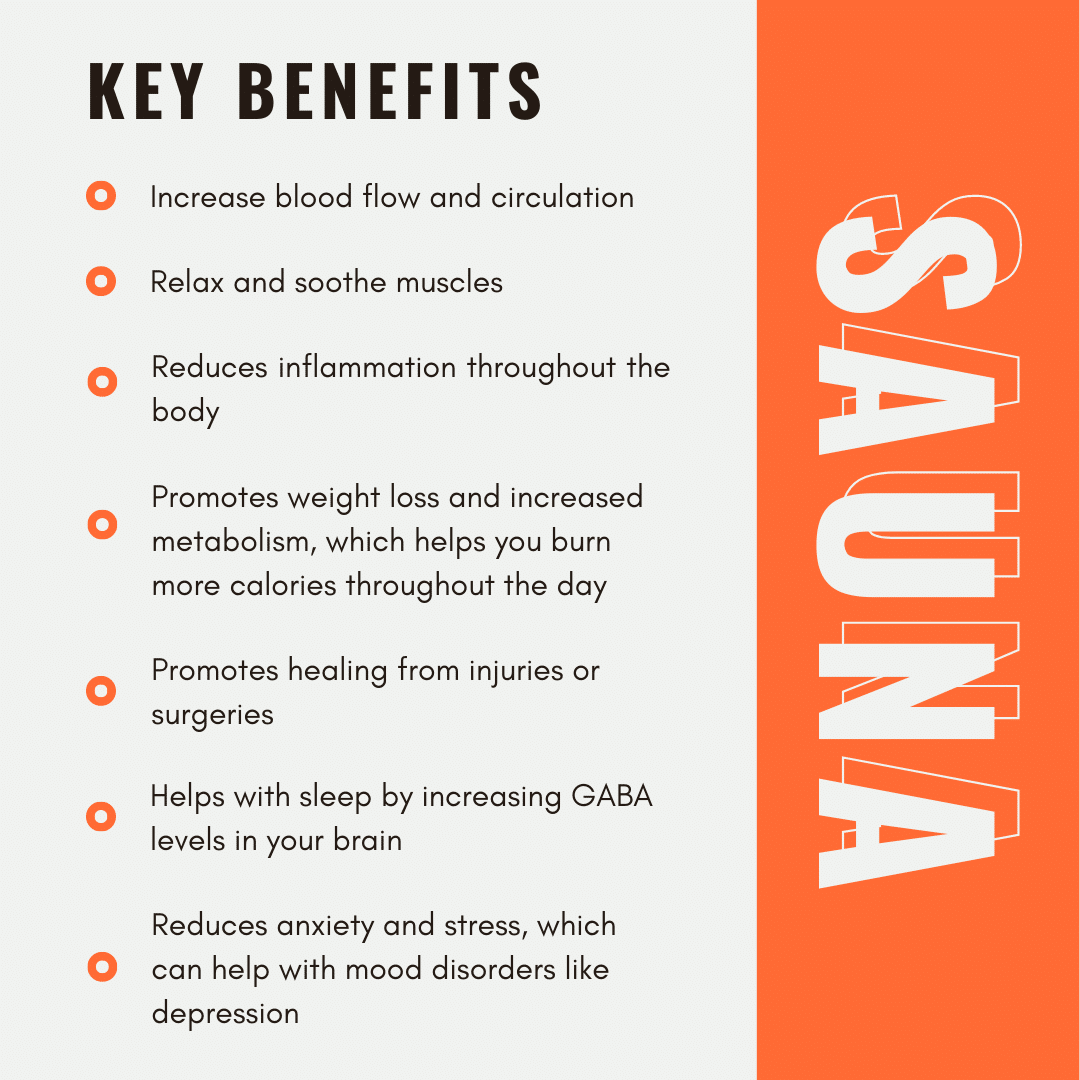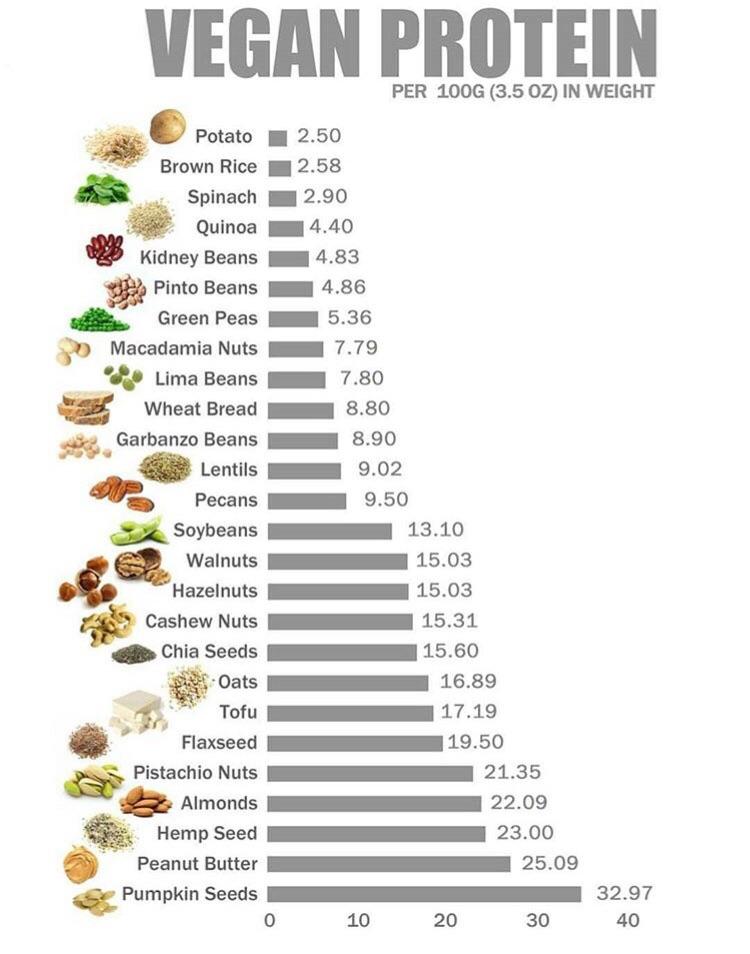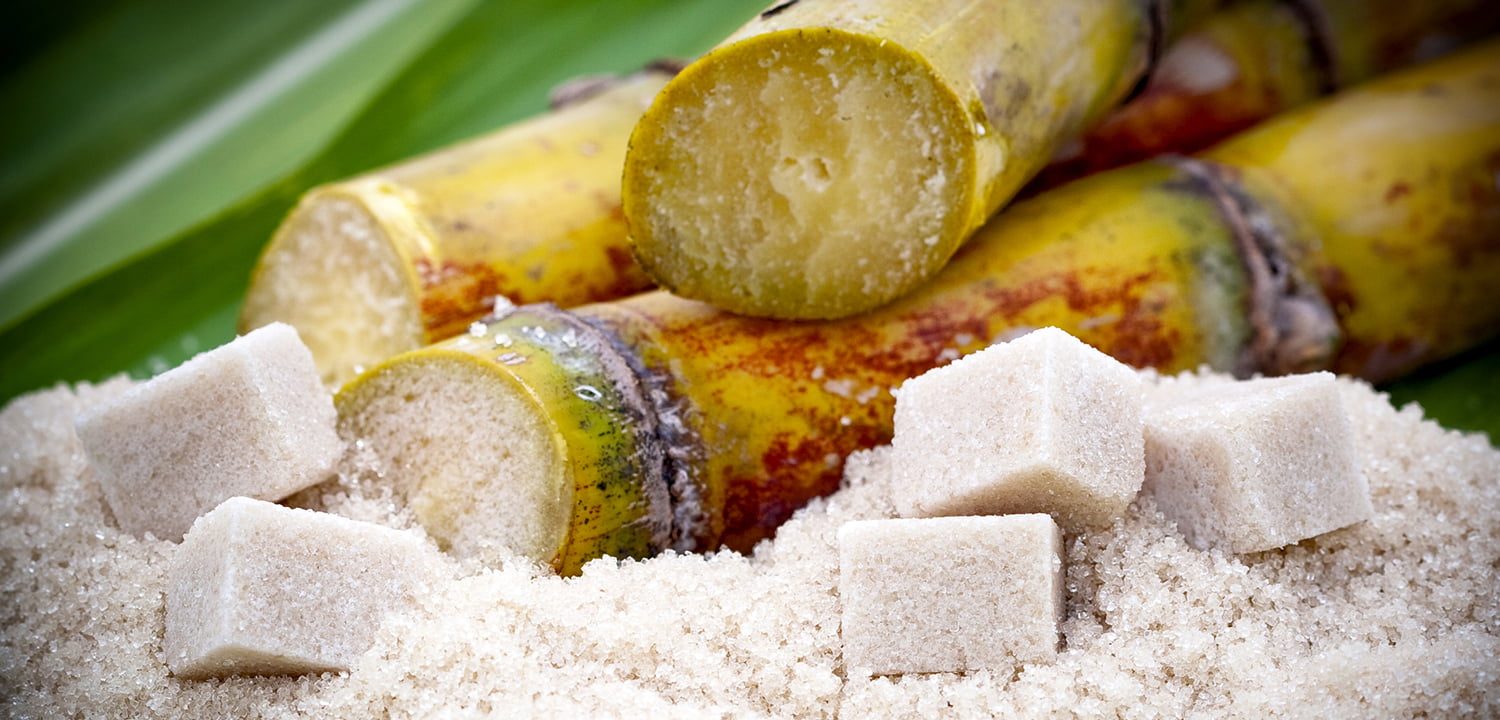Have you ever opened a bag of chips intending to have just one bite and suddenly found yourself staring at an empty package? This isn’t just a lack of willpower; artificial flavors are designed to seduce our taste buds and leave us wanting more. In a world where processed foods are increasingly prevalent, it’s essential to understand the role these flavors play in our eating habits and how we can break free from their grip.
Often, artificial flavors create a sensory illusion, promising the satisfaction of natural foods but leaving us in a cycle of cravings and overeating. Our journey to reclaim control over our diets starts with knowledge and awareness. So, let’s delve into the world of artificial flavors and explore practical steps toward healthier eating choices.
What Are Artificial Flavors and How Do They Affect Our Food Choices?
The term “artificial flavors” refers to chemically created substances that mimic the taste of natural ingredients. They are a hallmark of processed foods, offering a burst of intense taste that often overshadows the more subtle flavors found in whole foods. But how exactly do they affect our food choices?
Our brains are hardwired to seek out pleasurable experiences, including flavorful foods. When we consume items with artificial flavors, our taste buds are stimulated, sending signals to our brains that we’re experiencing something delightful. As a result, we may reach for these foods more often, leading to a pattern of unhealthy eating.
Additionally, artificial flavors can cause us to underestimate our calorie intake, leading to overconsumption. The engineered taste can be so compelling that our satiety cues get overridden, making it challenging to stop eating even when we’re full.
The consequence of this is a diet that’s heavy in calories but low in nutritional value, which can contribute to various health issues. Understanding this influence is the first step in making more informed food choices and resisting the lure of artificial flavors.
Why Do Food Companies Use Artificial Flavors?
Food companies have several reasons for including artificial flavors in their products. Primarily, these flavors are cost-effective and can be produced on a large scale. Natural flavors, while appealing, can be expensive and subject to variability due to factors like weather and growing conditions.
Artificial flavors also have a longer shelf life and are more stable during processing. This means that products can sit on store shelves for longer periods without losing their flavor, which is advantageous from a sales perspective.
Another reason for their use is the consistency they provide. A food product will taste the same in every batch, ensuring that consumers know exactly what to expect every time they make a purchase.
Lastly, these flavors are often more intense than natural ones, which can make the food seem more appealing and addictive. This intensity can lead to repeat purchases as consumers seek out the strong flavors they’ve come to enjoy.
How Can Artificial Flavors Lead To Overeating?
Overeating is often a direct result of the intense and immediate gratification that artificial flavors provide. They are designed to hit the pleasure centers of our brains quickly, creating a feedback loop that can be hard to break.
Moreover, artificial flavors can lack the complexity and depth of their natural counterparts. This can leave us feeling unsatisfied after eating, prompting us to eat more in search of fulfillment.

The use of these flavors can also disrupt our body’s natural hunger signals. They can trick our brains into thinking that we’re consuming more nutrients than we actually are, leading to continued eating despite a lack of nutritional need.
Recognizing these patterns is essential in developing strategies to counteract the influence of artificial flavors on our eating habits.
 Think outside the box: swap out processed foods with real food, one step at a time
Think outside the box: swap out processed foods with real food, one step at a timeAre Natural Flavors Really Better Than Artificial Flavors?
When it comes to flavoring, not all “natural” options are created equal. While natural flavors are derived from plant or animal sources, they are not necessarily healthier. These flavorings can still go through extensive processing and may include additives.
It’s important to note that the term “natural flavor” is broad and can encompass a range of substances. Some of these might be as far removed from the source ingredient as their artificial counterparts.
Moreover, natural flavors can also contribute to overeating and cravings. Just because a flavor is natural doesn’t mean it’s free from the same psychological effects that artificial flavors have on our brains.
Therefore, while natural flavors might seem like a better choice, the key is to focus on whole foods that have not been flavor-enhanced in any way. This shift can help us retrain our taste buds to appreciate the subtler, more complex tastes of unprocessed foods.
What Steps Can You Take To Break Free From Artificial Flavor Addiction?
Breaking free from the grip of artificial flavors is possible with a few practical steps. Firstly, start by reading labels carefully. Getting familiar with ingredient lists can help you identify and avoid foods with artificial flavors.
Another significant step is to gradually reduce your intake of processed foods. Begin by swapping out one or two items for whole food alternatives and slowly expand from there.
Engaging in mindful eating practices is also beneficial. Pay close attention to the flavors and textures of your food, which can increase satisfaction and reduce the likelihood of overeating.
Additionally, try to retrain your taste buds. This can be done by incorporating more fresh fruits, vegetables, and whole grains into your diet. Over time, your preferences will shift towards these healthier options.
Finally, don’t underestimate the power of home cooking. Preparing your meals gives you complete control over the ingredients used, making it easier to avoid artificial flavors.
How To Choose Whole Foods Over Processed Foods?
Choosing whole foods over processed options is a significant move toward a healthier diet. Begin by shopping around the perimeter of the grocery store, where fresh produce, meats, and dairy are typically located. Avoid the central aisles where processed foods are kept.

When selecting items, opt for those with a short and clear ingredient list. The fewer ingredients, the more likely it’s a whole food.
Moreover, cooking at home can be a game-changer. Not only does it allow you to control what goes into your food, but it also can be a rewarding and creative process.
Remember, the transition doesn’t have to be abrupt. Start small by introducing one or two whole foods into your diet each week and build from there.
Lastly, consider meal planning. This strategy can help you stay on track with your whole food goals by ensuring that you have healthy options on hand when hunger strikes.
 Whole grains vs. refined grains: why this easy swap matters
Whole grains vs. refined grains: why this easy swap mattersWhat Are The Health Implications Of Consuming Artificial Flavors?
Consuming artificial flavors regularly can lead to several health issues. These include an increased risk of obesity and related diseases like type 2 diabetes and heart disease. The lack of nutritional value in foods with artificial flavors can also result in deficiencies that affect overall health.
Moreover, artificial flavors can have an impact on our gut health. The microbiome is sensitive to what we eat, and a diet high in processed foods can disrupt the balance of beneficial bacteria.
In children, exposure to artificial flavors has been linked to behavioral problems and hyperactivity. This is particularly concerning given the prevalence of such flavors in snacks and beverages targeted at younger audiences.
Understanding these health implications is crucial in motivating us to make more health-conscious food choices and limit our consumption of artificial flavors.
Amid our discussion, let’s take a moment to watch this insightful video on how artificial flavors impact our eating habits:
Related Questions on the Subject of Artificial Flavors
What Are Artificial Flavors and How Do They Affect Our Health?
Artificial flavors are synthesized chemicals that mimic the taste of natural ingredients without providing any nutritional benefit. These can affect our health by contributing to poor dietary choices and overriding our body’s natural hunger signals, leading to overconsumption and potential weight gain.
Long-term, the use of artificial flavors may increase the risk of developing chronic conditions like obesity, diabetes, and heart disease due to their role in promoting unhealthy eating habits.

How Can You Identify Products With Artificial Flavors?
To identify products with artificial flavors, check the ingredient list on food packaging. Look for terms like “artificial flavors” or specific chemical names. Additionally, foods that boast unusually long shelf lives or unnaturally vibrant colors may also contain artificial flavors.
Becoming familiar with common artificial flavorings can help you make more informed decisions about the foods you consume.
What Are the Long-Term Effects of Consuming Artificial Flavors?
The long-term effects of consuming artificial flavors can include an increased risk of chronic diseases such as obesity, type 2 diabetes, and cardiovascular problems. These flavors may also negatively impact gut health, leading to digestive issues.
Moreover, a diet high in artificial flavors often means a diet low in essential nutrients, which can have a wide range of implications for overall health and well-being.
Can You Break the Addiction to Artificial Flavors?
Breaking the addiction to artificial flavors is possible through deliberate dietary changes and mindfulness practices. By gradually reducing your intake of processed foods and replacing them with whole, nutrient-rich foods, you can retrain your taste buds and decrease your cravings for artificial flavors.
Engaging in mindful eating and cooking at home can also play a significant role in overcoming the dependency on these engineered taste enhancers.
What Are the Best Alternatives to Processed Foods?
The best alternatives to processed foods are whole foods, such as fresh fruits, vegetables, lean meats, whole grains, and legumes. These foods are free from artificial additives and rich in essential nutrients. Incorporating a variety of these whole foods into your diet can help satisfy your taste buds naturally and support better health.
 Mother Nature Knows Best: Why and How to Choose Whole Food Supplements
Mother Nature Knows Best: Why and How to Choose Whole Food SupplementsTransitioning to whole foods from processed options often involves planning, preparation, and a willingness to explore new recipes and flavors. But the health benefits are well worth the effort.
In conclusion, understanding how artificial flavors seduce you into eating the whole thing, when you only wanted a bite, and taking steps to break free from this cycle is vital for our health and well-being. By becoming informed consumers and making conscious dietary choices, we can regain control over our eating habits and lead healthier lives.







This post is such an eye-opener! It’s crazy how much power artificial flavors have over our eating habits. I love how you broke down the science behind it and offered practical tips to resist their allure. It’s definitely motivating me to be more mindful and make better food choices. Thanks for shedding light on something so many of us struggle with!